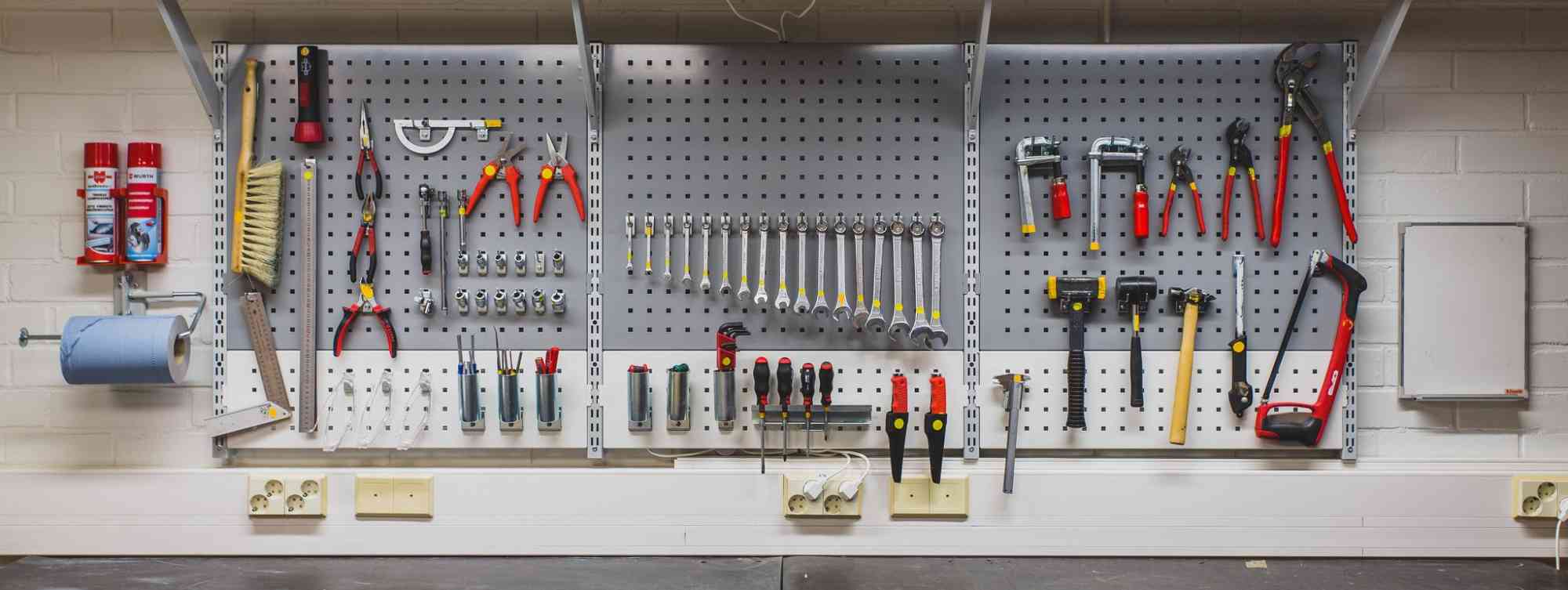We have a saying at Aalto University Design Factory that even the best processor is useless if the user interface prevents taking advantage of it. Successfully cultivating soft skills – the interface of expertise – requires asking some tough questions about priorities, measurements and Californian experiments.
We have a saying at Aalto University Design Factory that even the best processor is useless if the user interface prevents taking advantage of it. We know that our students need a number of soft skills in addition to their domain-specific skills to succeed both before and after graduation. Research shows that grit trumps IQ in predicting success in multiple domains, proactivity boosts performance for presidents and call center service agents alike, positivity enhances customer service, relabeling anxiety as excitements helps to deliver more persuasive speeches… The list of the variety of soft skills that have a positive effect on work performance goes on and on.

While the impact and importance of soft skills are clear, the research and practice of teaching these skills are still in infancy. The very length of the list of relevant soft skills poses the first challenge for a teacher: given finite resources, what skills should we focus on building in our courses? Most university teachers are domain experts familiar with the cutting-edge developments of their own field, but have little or no training in soft skills. In other words, they are not experts when it comes to soft skills. Furthermore, while we know that qualities such as grit, proactivity and positivity can be deliberately cultivated, how exactly do we go about doing so in our courses? It is not an easy task to transition from merely exposing students to generic soft skill learning opportunities – such as introducing team work to a course – to effectively supporting the deliberate practice of the desired skills. How can we provide the necessary support for both our students and our teachers?
Including soft skills in our learning goals begs the further question of how we will assess our success in doing so. In the US, new legislation has been passed to require states to include at least one nonacademic factor to track the success of schools, fueling an ongoing national debate on grading soft skills. Nine school districts in California will start holding schools accountable for the socio-emotional skills of students this upcoming school year. Leading grit researcher, professor Angela Duckworth cautions against such grading. Self-assessment and feedback do enhance learning soft skills, but measures are always problematic. For example, a low self-assessment score might not mean a lack of grit, but holding one’s self to a higher standard. On the other hand, the temptation for students and teachers to fake responses increases when stakes are high. How do we keep track of whether our experiments to foster soft skills are bearing fruit?
These questions are not easy, but they need to be asked if we are to deliver meaningful, effective and efficient education for our students. Leaving soft skills out of the realm of education is hardly an option. Luckily there are both theoretical and practical endeavors to learn from. Professor Michael Frese and colleagues have designed both the content and delivery of an entrepreneurship course based on scientific knowledge of proactivity. As a result, participants have scored higher not only in the soft skill – proactivity – but also in their subsequent success as entrepreneurs in Germany, Uganda and South Africa. This line of development is quite inspiring, as the impact of entrepreneurship programs in universities can often be nonexistent. In order to find fertile ground for similar experiments in the realm of engineering education, we need to ask some more questions about successful practice and critical educational experiences. In the US, there is a nationwide ongoing longitudinal study investigating the experiences of undergraduates in engineering education to see what types of experiences are connected to students’ confidence and intentions to take part in innovative work after graduating. Led by professor Sheri Sheppard in Stanford University, the results we gain in this study can help us to identify key leverage points to enhance our students’ working life skills. We can then better focus our practical experiments to create small wins to pave the way for nurturing crucial soft skills.
 Tua is a researcher at Aalto University Design Factory. She is spending the upcoming academic year as a visiting
Tua is a researcher at Aalto University Design Factory. She is spending the upcoming academic year as a visiting
researcher in Stanford University, working in the Center for Design Research and Scandinavian Consortium for Organizational Research. The Californian cradle for new enterprises and innovation provides a perfect setting for studying the soft skills that contribute towards professional engineers’ success in development efforts, and towards engineering students’ intentions to pursue development activities in their careers. The visit has been generously supported by Fulbright Finland, the Technology Industries of Finland Centennial Foundation, and Tutkijat Maailmalle / KAUTE Foundation.
 Aalto DF
Aalto DF